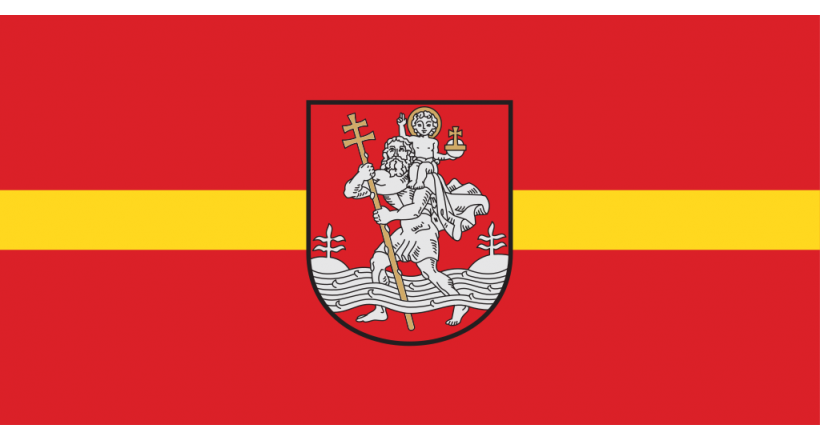is the capital of Lithuania and its largest city, with a population of 570,806 as of 2019. The population of Vilnius functional urban area, that stretches beyond the city limits, is estimated at 697,691 (as of 2017), while according to statistics of Vilnius territorial health insurance fund, there are 723,016 permanent inhabitants (as of June 2019) in Vilnius city and Vilnius district municipalities combined. Vilnius is in the southeast part of Lithuania and is the second largest city in the Baltic states. Vilnius is the seat of the main government institutions of Lithuania and the Vilnius District Municipality.
Vilnius is classified as a Gamma global city according to GaWC studies, and is known for the architecture in its Old Town, declared a UNESCO World Heritage Site in 1994. Before World War II, Vilnius was one of the largest Jewish centres in Europe. Its Jewish influence has led to it being described as the "Jerusalem of Lithuania" and Napoleon named it "the Jerusalem of the North" as he was passing through in 1812. In 2009, Vilnius was the European Capital of Culture, together with the Austrian city of Linz.





